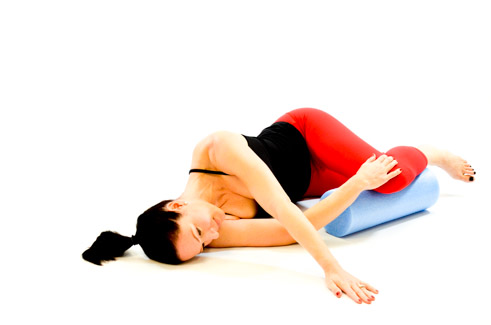Behavioral Sciences, Free Full-Text
$ 7.99 · 4.7 (320) · In stock
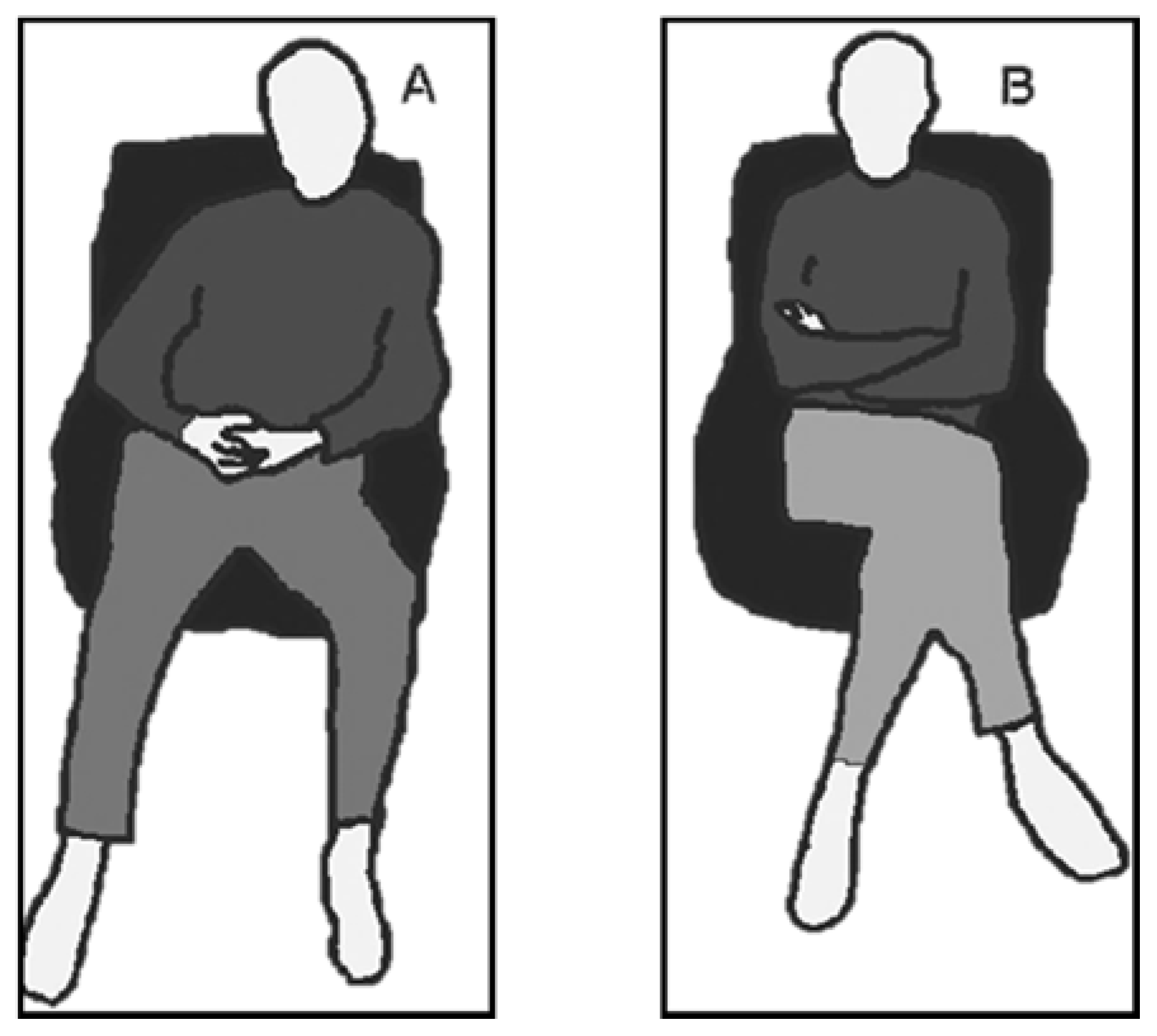
Body postures can affect how we process and attend to information. Here, a novel effect of adopting an open or closed posture on the ability to detect deception was investigated. It was hypothesized that the posture adopted by judges would affect their social acuity, resulting in differences in the detection of nonverbal behavior (i.e., microexpression recognition) and the discrimination of deceptive and truthful statements. In Study 1, adopting an open posture produced higher accuracy for detecting naturalistic lies, but no difference was observed in the recognition of brief facial expressions as compared to adopting a closed posture; trait empathy was found to have an additive effect on posture, with more empathic judges having higher deception detection scores. In Study 2, with the use of an eye-tracker, posture effects on gazing behavior when judging both low-stakes and high-stakes lies were measured. Sitting in an open posture reduced judges’ average dwell times looking at senders, and in particular, the amount and length of time they focused on their hands. The findings suggest that simply shifting posture can impact judges’ attention to visual information and veracity judgments (Mg = 0.40, 95% CI (0.03, 0.78)).
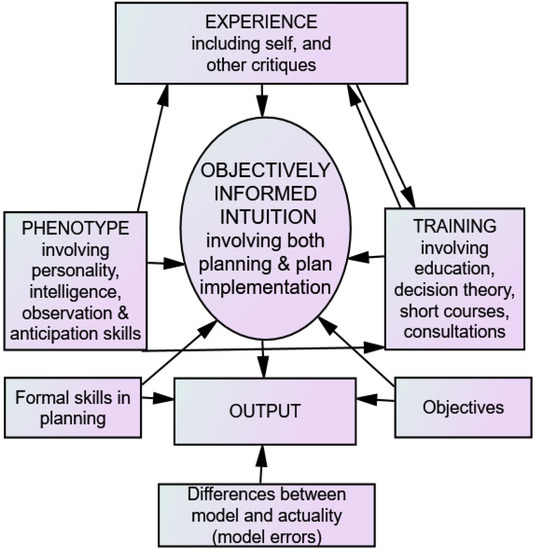
Behavioral Sciences, Free Full-Text

PDF) The Effects of Self-Esteem and Academic Engagement on
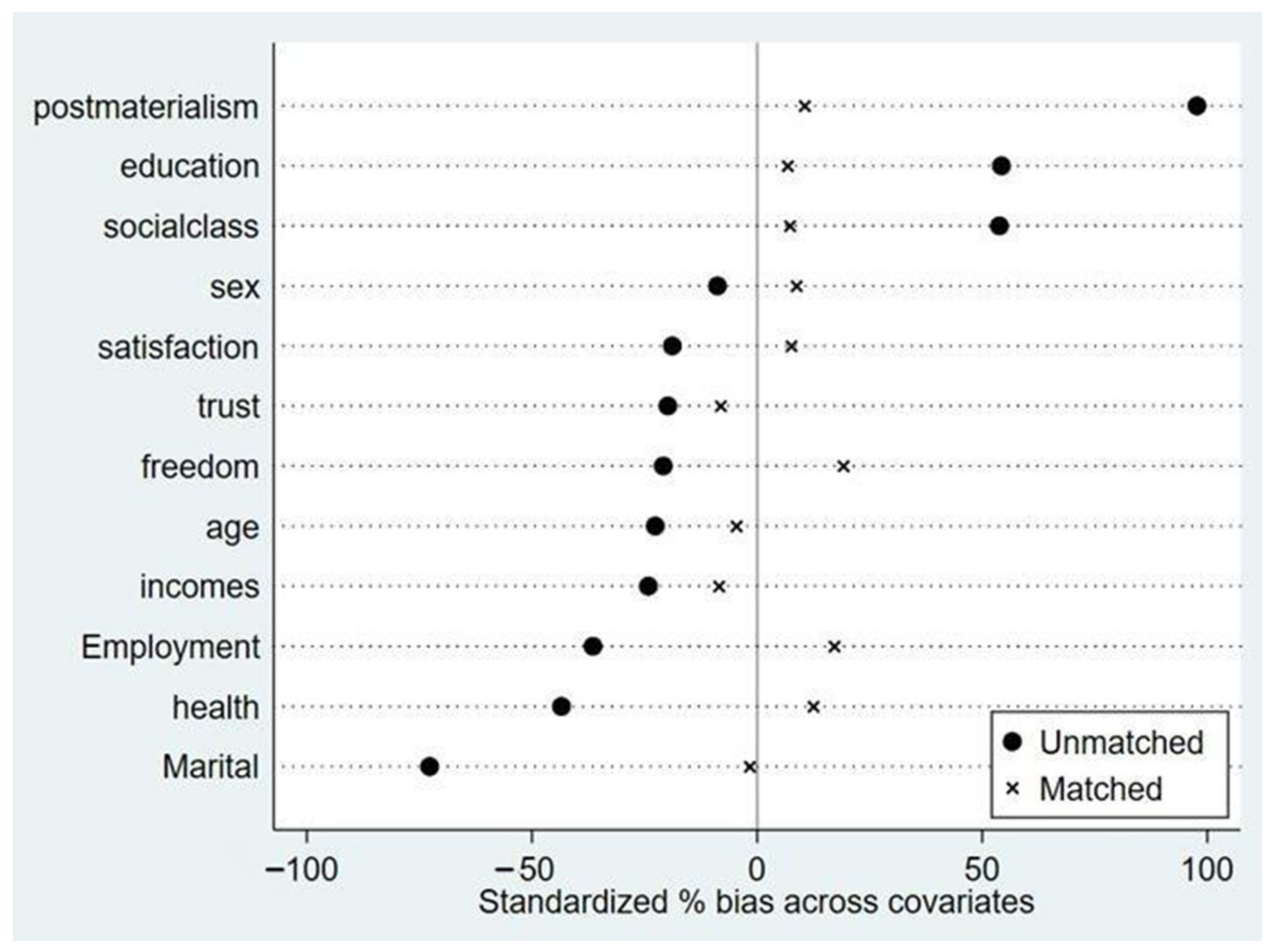
Behavioral Sciences, Free Full-Text

Behavioral Science Article Review
Organization Assessment Research and Practice: The Continuing Tension - Marvin R. Weisbord, 1981

Lunch and Learn with the BBS: Join Us on July 20th! ·

PDF) Assessing Cognitive Factors of Modular Distance Learning of K
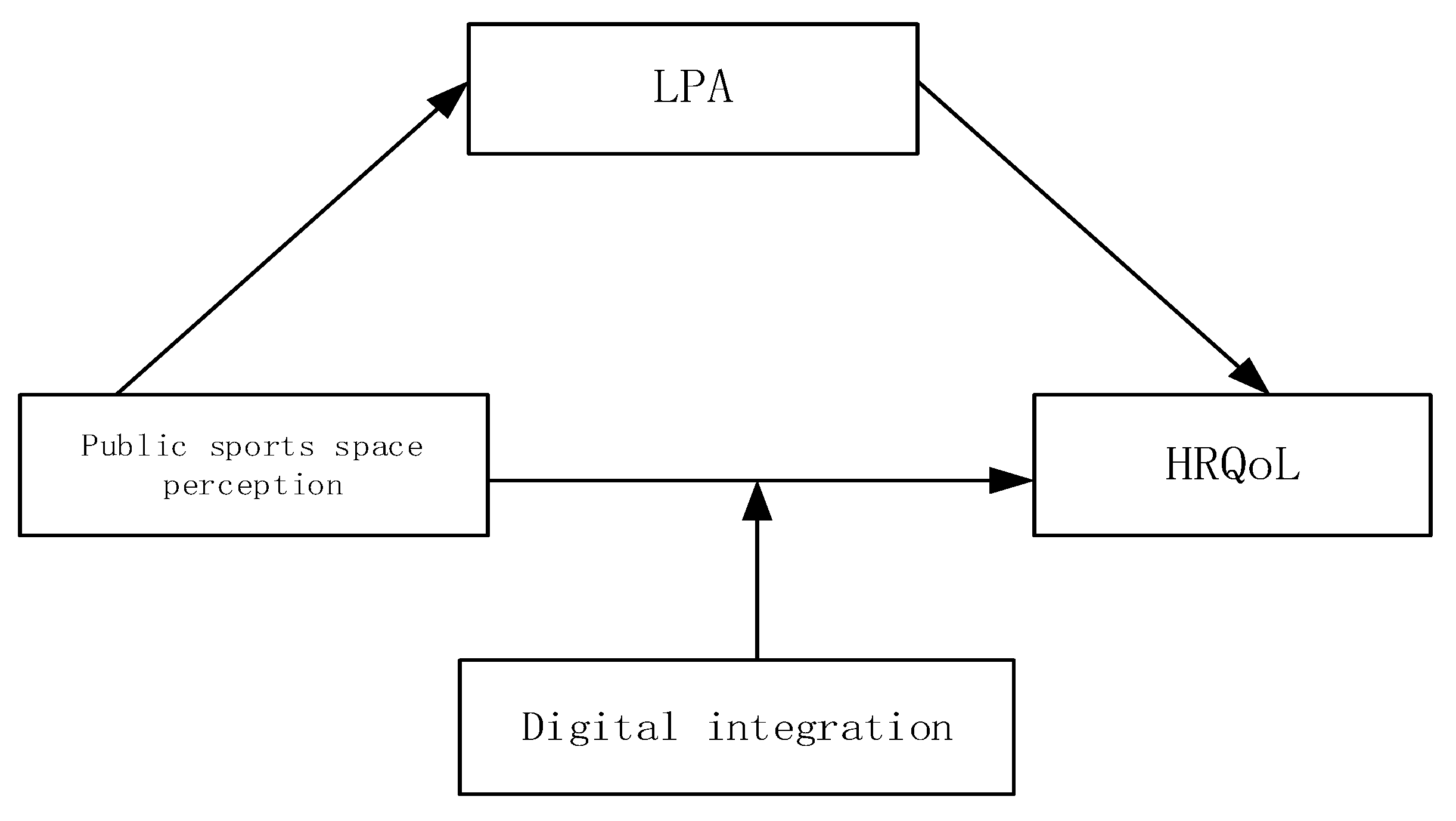
Behavioral Sciences, Free Full-Text
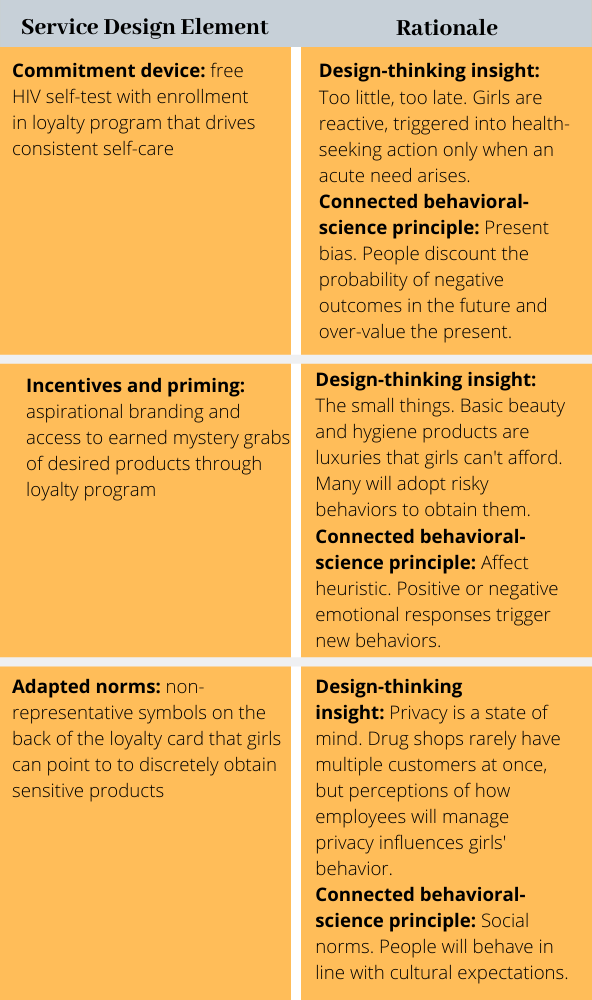
Marrying Empathy and Science to Spread Impact

Behavioral Sciences, Free Full-Text
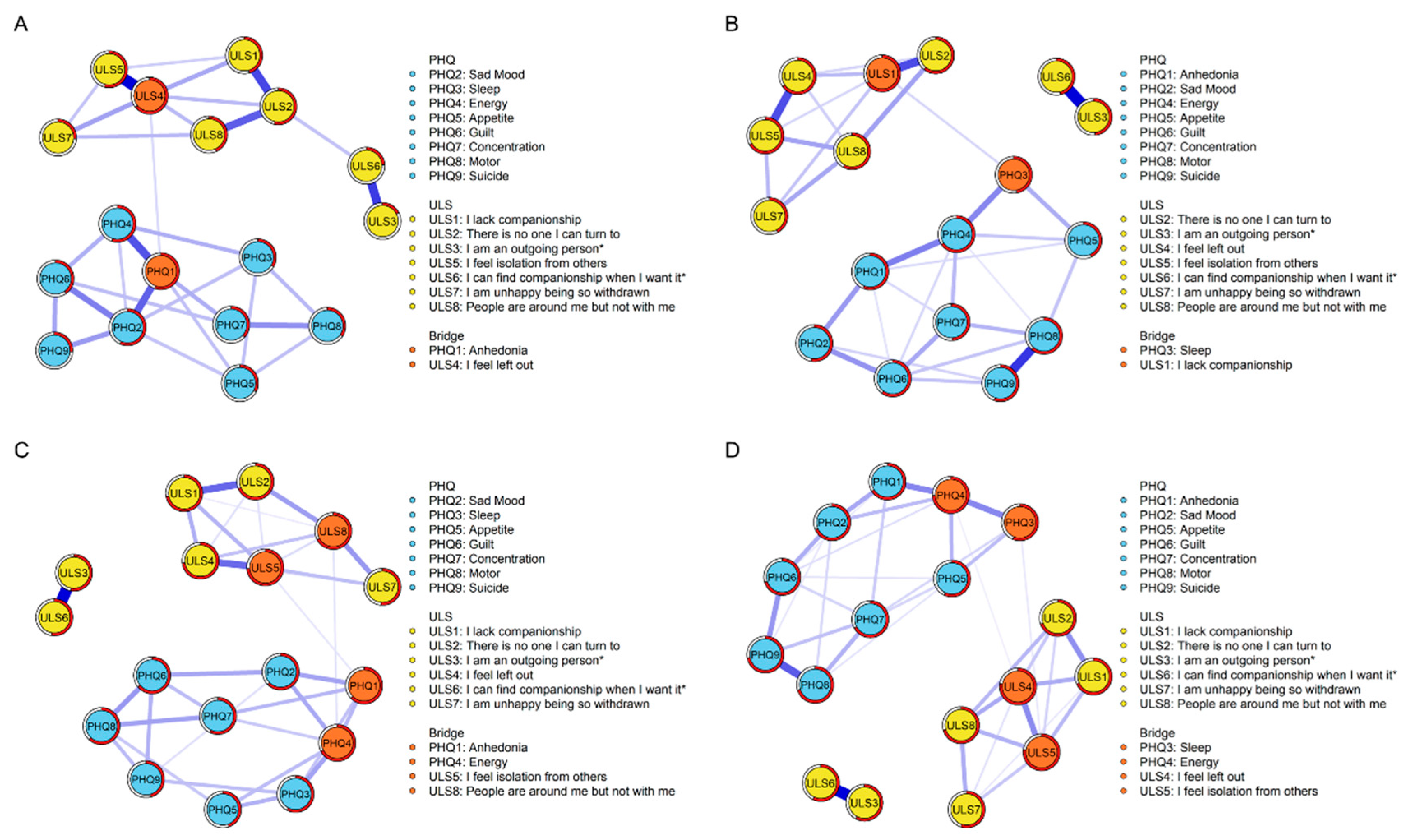
Behavioral Sciences, Free Full-Text









